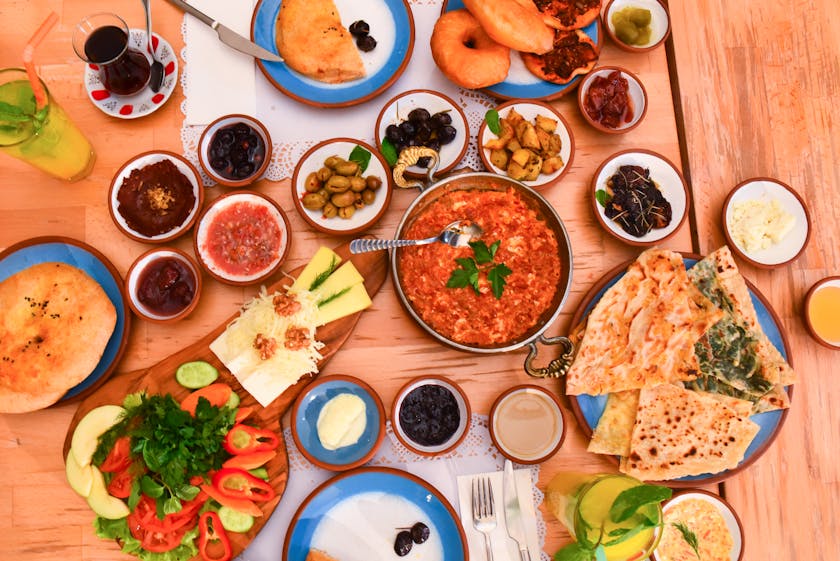When considering bulk meal storage for emergency preparedness, it’s vital to plan effectively and understand the best practices to ensure your food remains safe and nutritious over time. This post will guide you through the steps to prepare and store meals efficiently.
Understanding the Importance of Bulk Meal Storage
Emergencies can strike unexpectedly, and having a stockpile of meals can make a significant difference in your ability to cope with the situation. Whether it’s a natural disaster, power outage, or other unforeseen events, being prepared with a bulk meal storage system can provide peace of mind and sustenance when needed most.
Planning Your Meals for Once-a-Month Cooking
Before you dive into cooking, you’ll need to plan your meals. Choose recipes that are nutritious, easy to make in large quantities, and freeze well. Consider dietary restrictions and preferences to ensure that the meals you prepare will be suitable for everyone in your household.
Shopping for Ingredients in Bulk
Purchasing ingredients in bulk can save money and time. Look for sales and wholesale options, but be mindful of expiration dates. Prioritize non-perishable items and ingredients that offer a longer shelf life.
Preparing Your Meals for Long-Term Storage
Cooking in large batches is the essence of once-a-month cooking. Use a methodical approach: clean your kitchen thoroughly, gather all necessary equipment, and set aside enough time to cook several meals in one go. Consider the cooking method that will best maintain the food’s nutritional value and taste when reheated.
Proper Cooling Techniques
After cooking, it’s crucial to cool your meals quickly to prevent bacterial growth. Spread the food out in shallow containers and avoid stacking them in the fridge or freezer until they are completely cooled.
Effective Freezing and Storage Strategies
Freezing is a reliable method for preserving the quality of your bulk-cooked meals. Use airtight containers or vacuum-sealed bags to prevent freezer burn and label each meal with the date it was prepared. Organize your freezer to rotate stock and use the oldest meals first.
Considering Alternative Storage Methods
Aside from freezing, consider other storage methods like canning or dehydrating foods that are suitable for these techniques. Each method has its advantages and can complement your bulk meal storage plan.
Maintaining Your Emergency Meal Stockpile
Regularly check your stockpile for signs of spoilage or freezer burn. Keep an inventory list to track what you have on hand and what needs to be used soon. Refresh your stockpile periodically by preparing new batches of meals and incorporating them into your rotation.
Utilizing Your Bulk Meals in Non-Emergency Situations
Don’t wait for an emergency to use your bulk meals. Incorporate them into your regular meal planning to ensure they don’t go to waste and to familiarize yourself with reheating and serving the stored food. This practice will also help you refine your meal storage process over time.
By following these guidelines for once-a-month cooking and bulk meal storage, you can be well-prepared for emergencies while also enjoying the convenience of ready-made meals on busy days.
Remember, the key to successful bulk meal storage for emergency preparedness is meticulous planning, careful cooking, and diligent storage practices. With these tips, you’ll be able to create a robust system that provides security and nutrition when you need it most.



